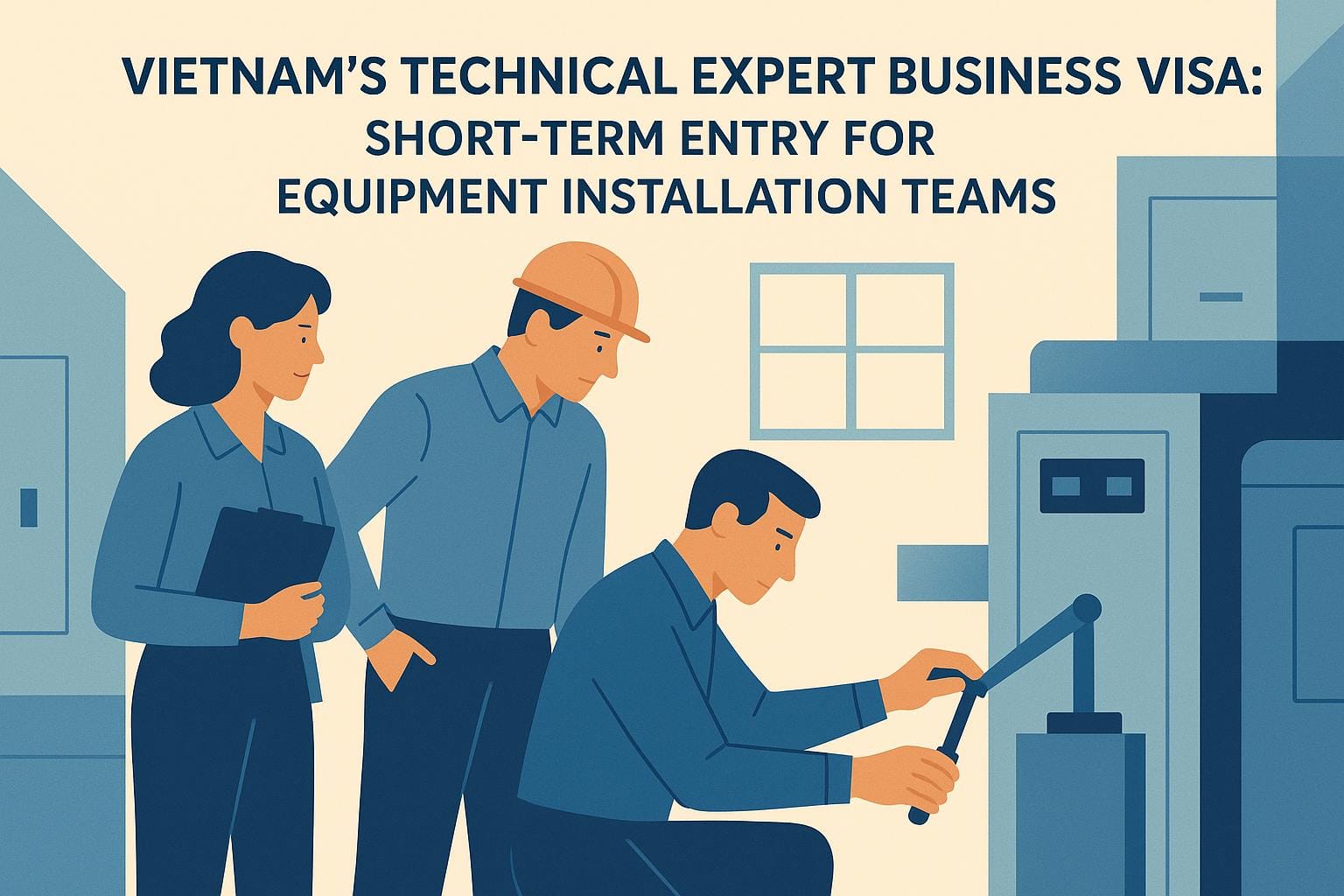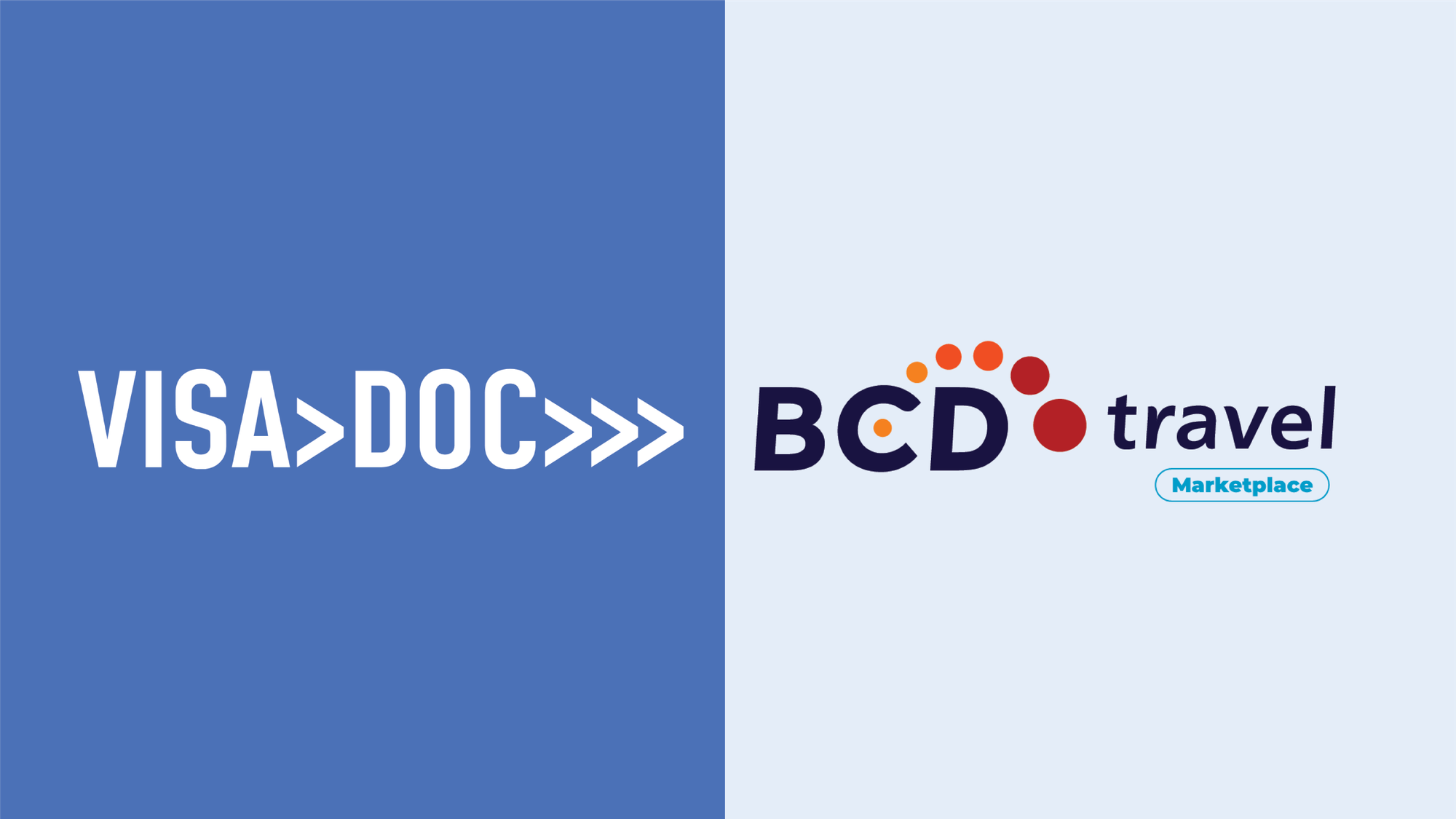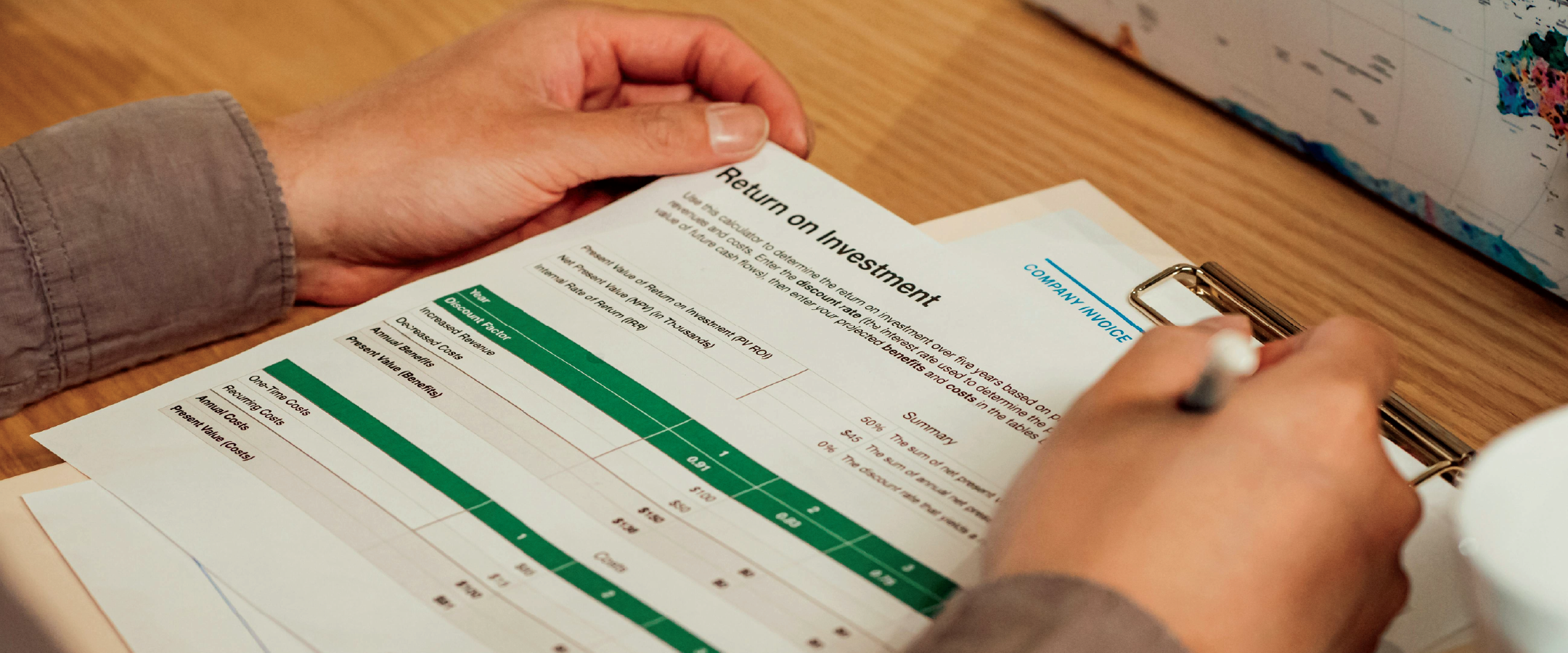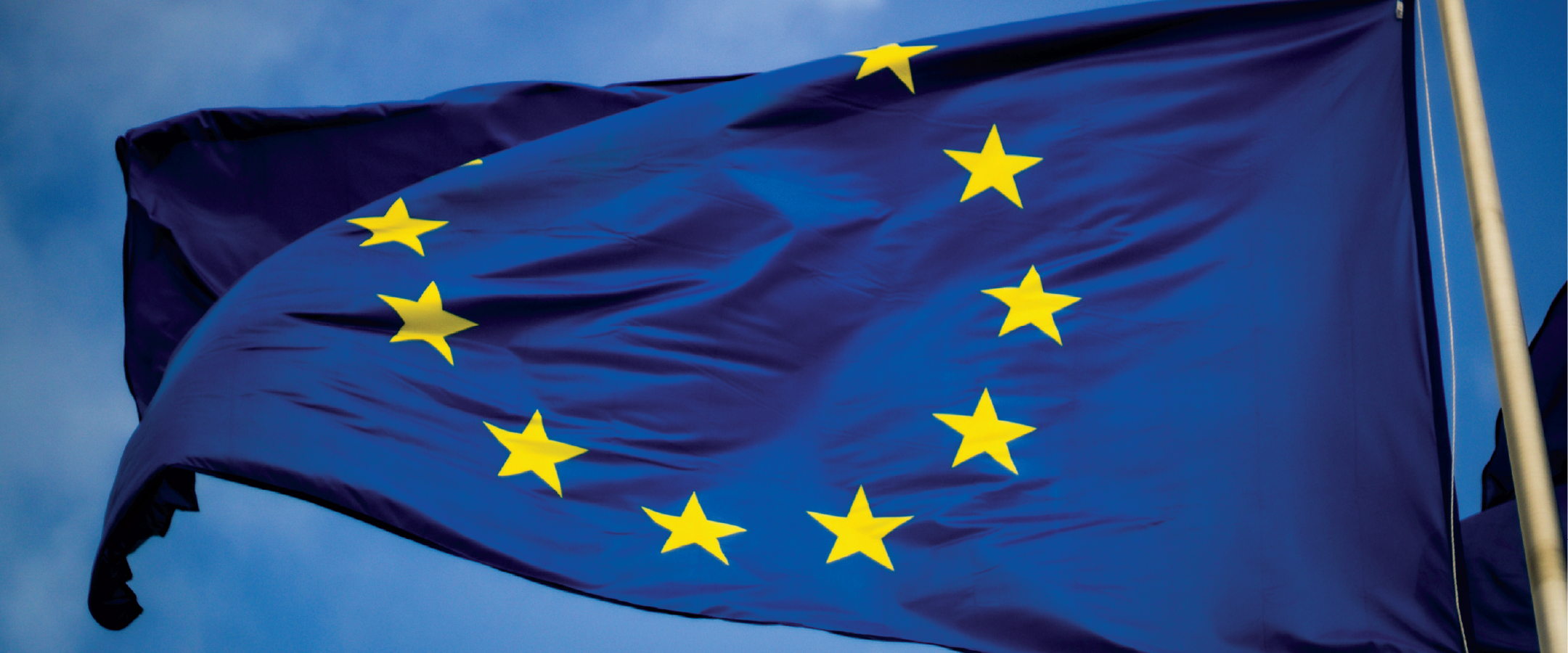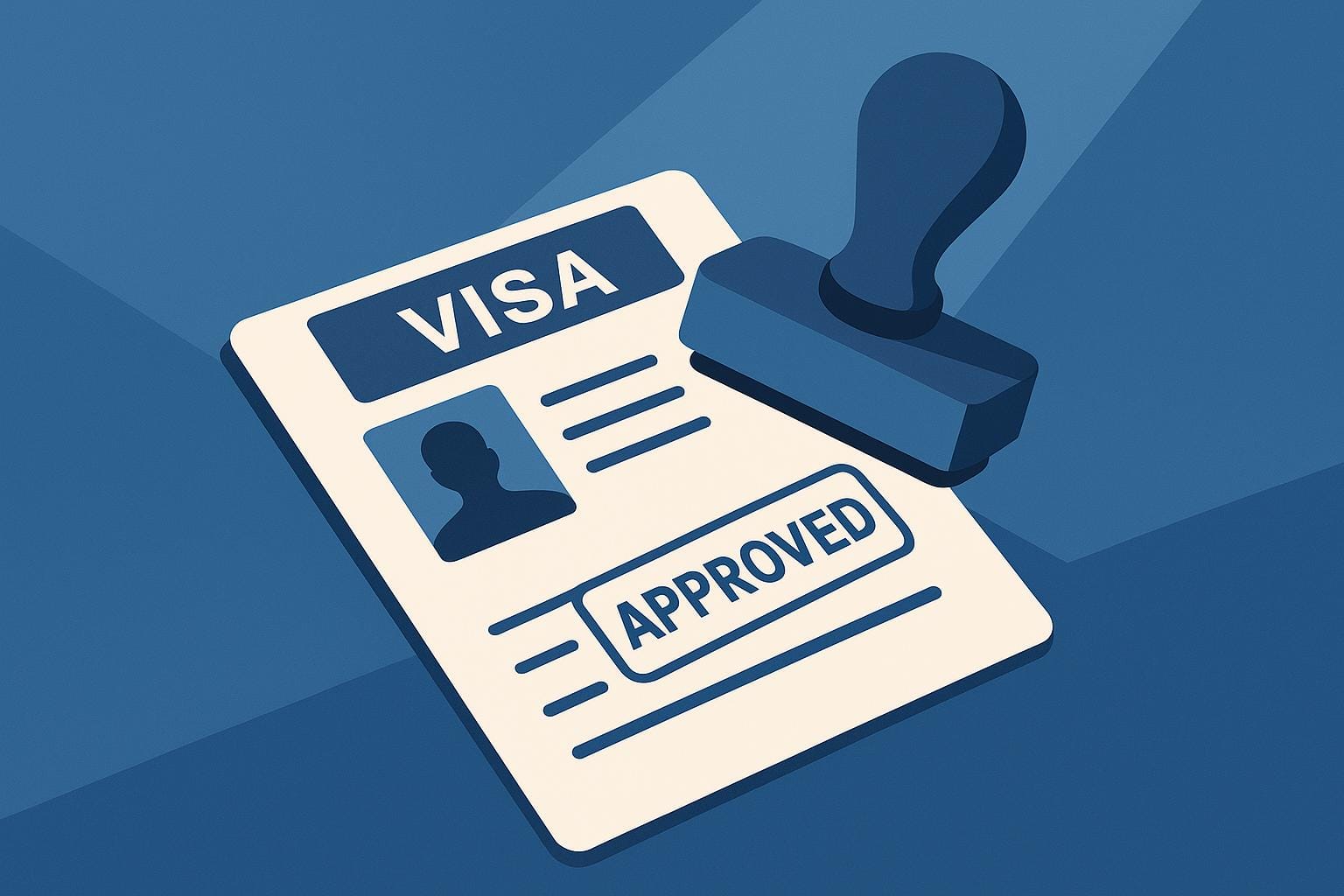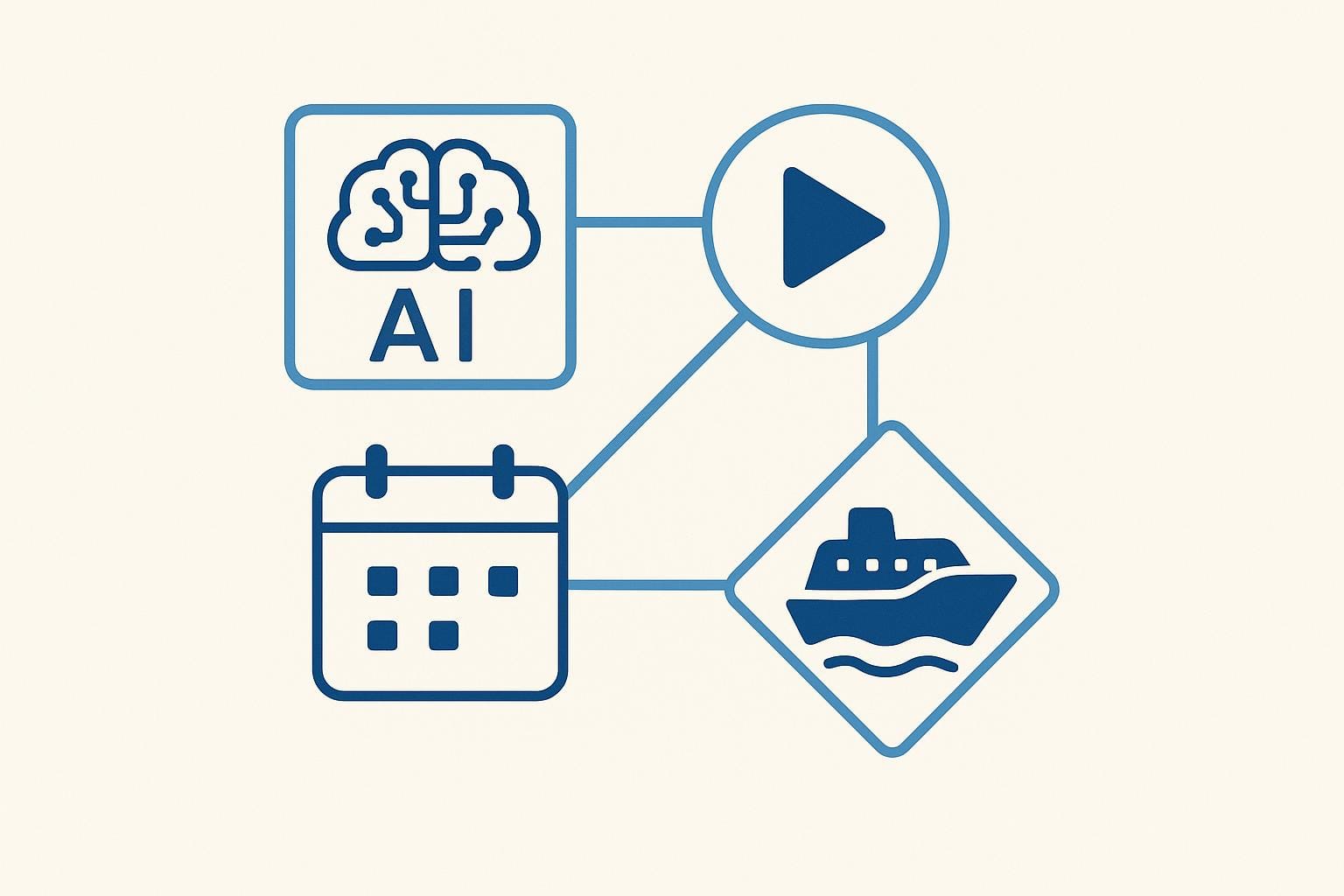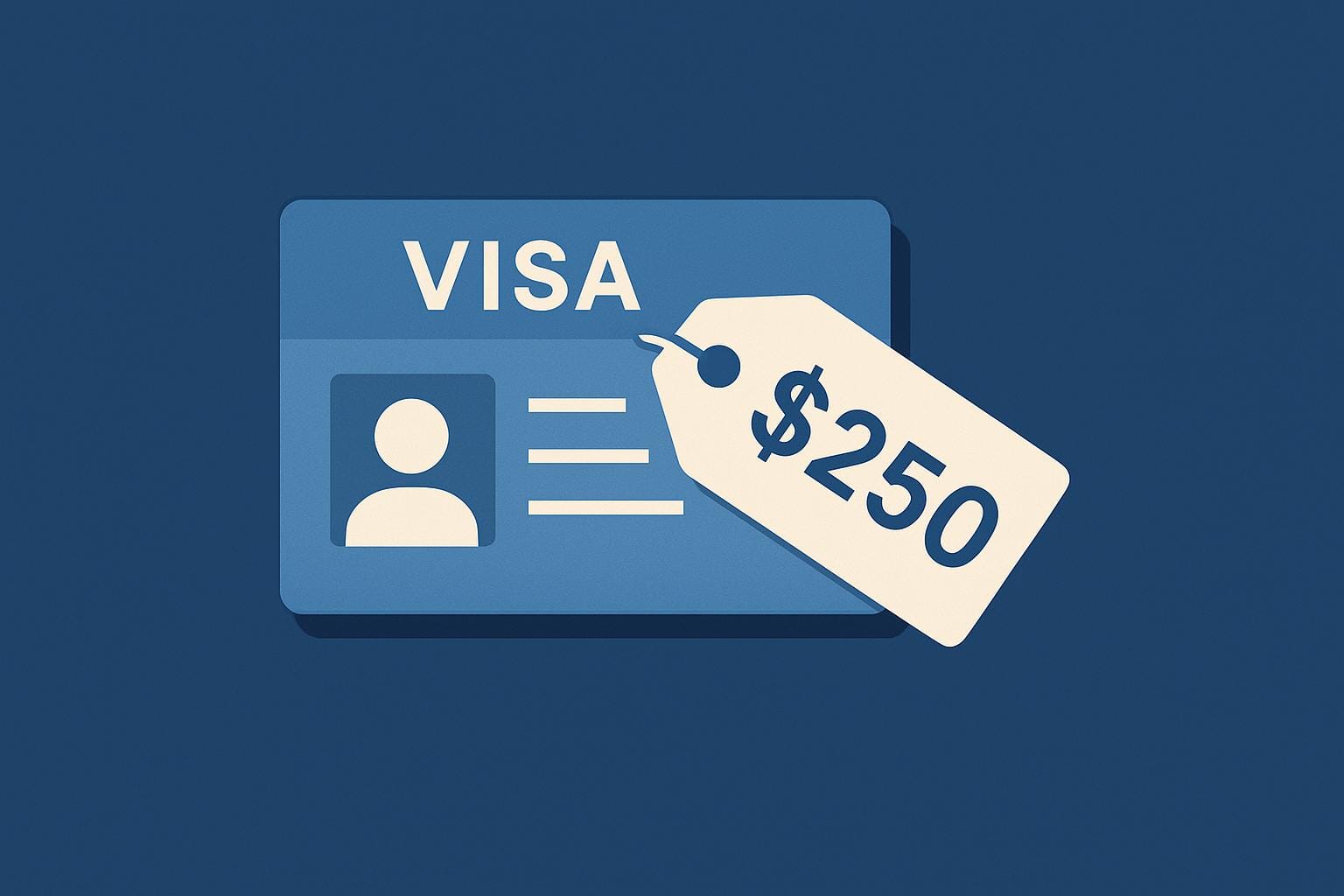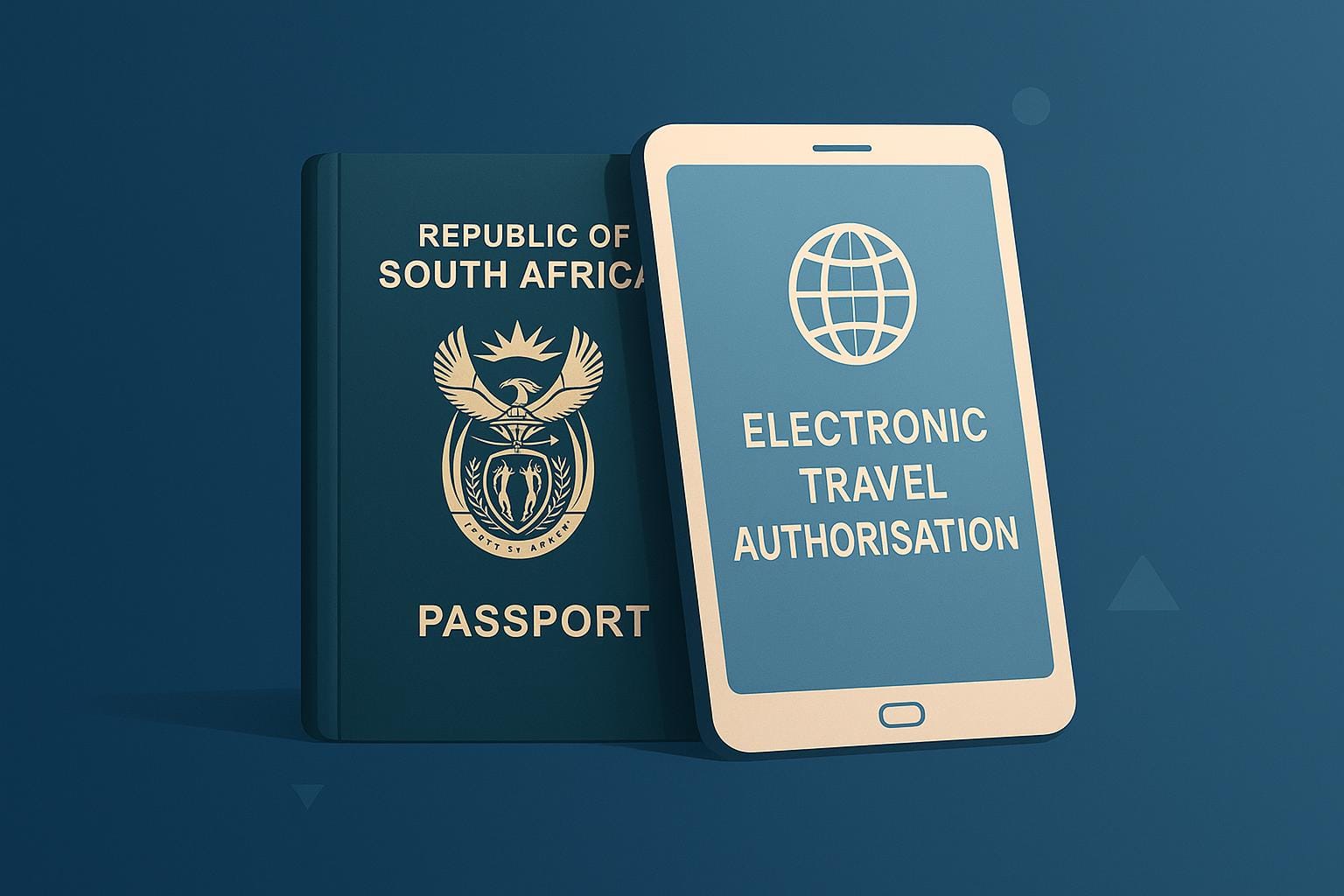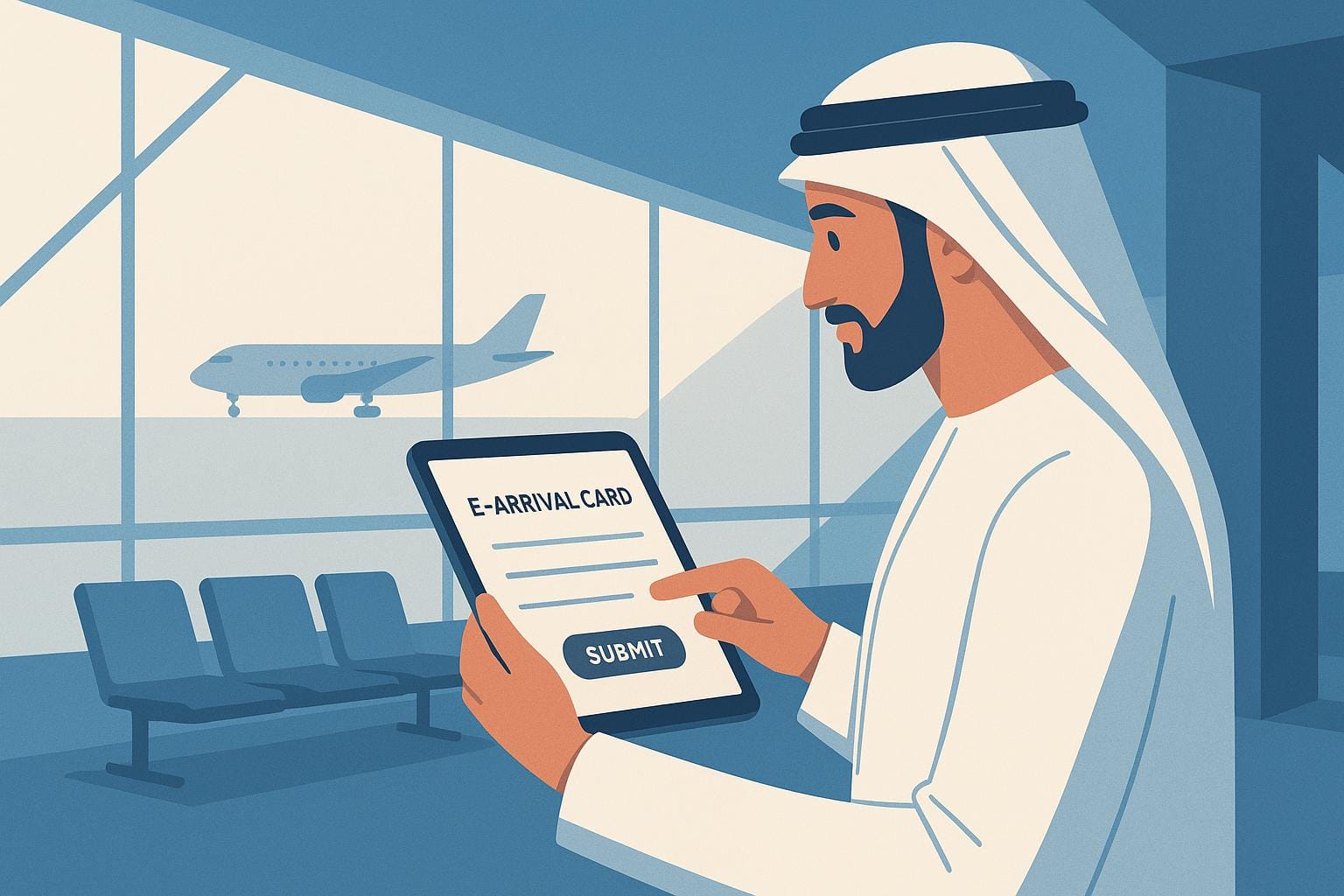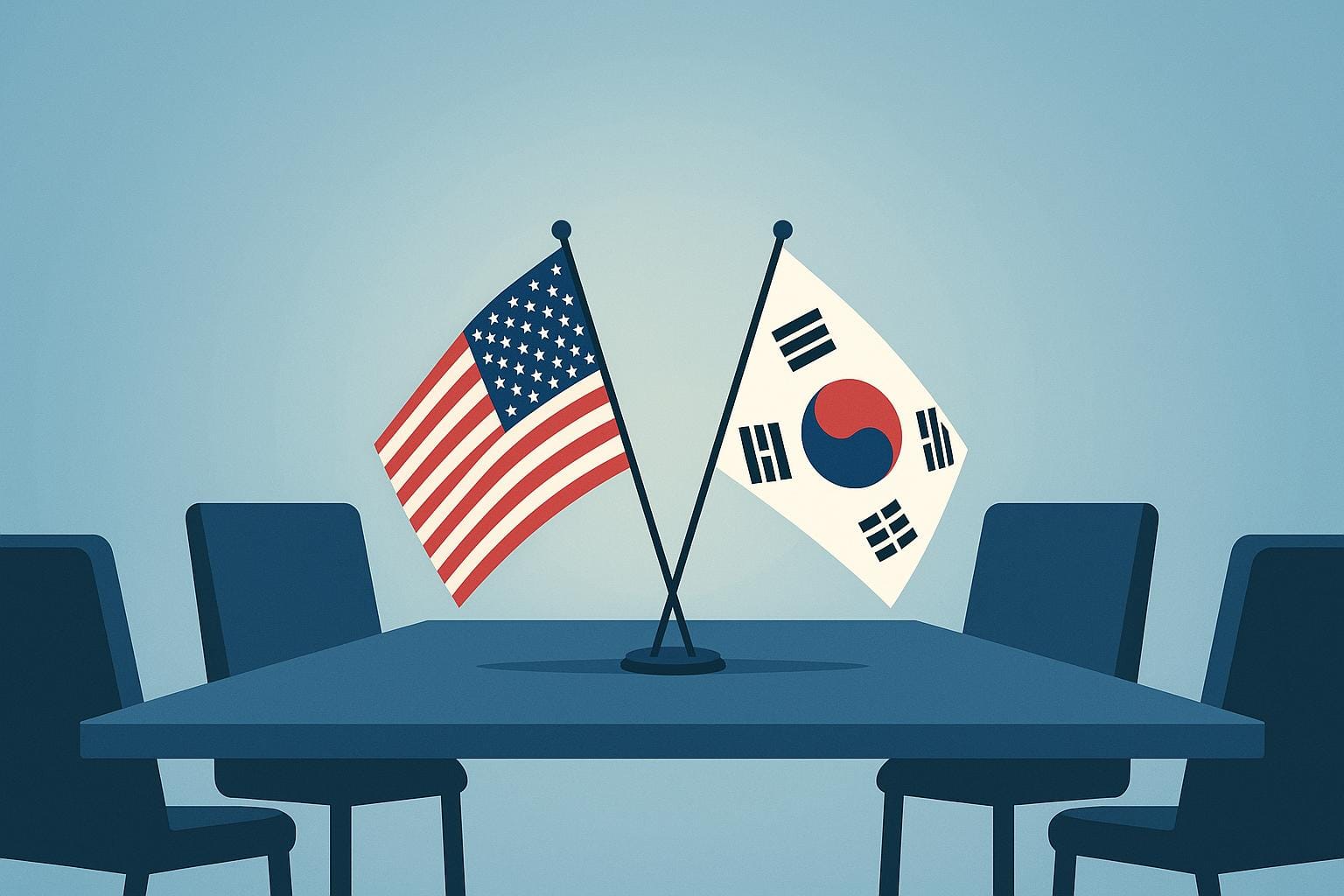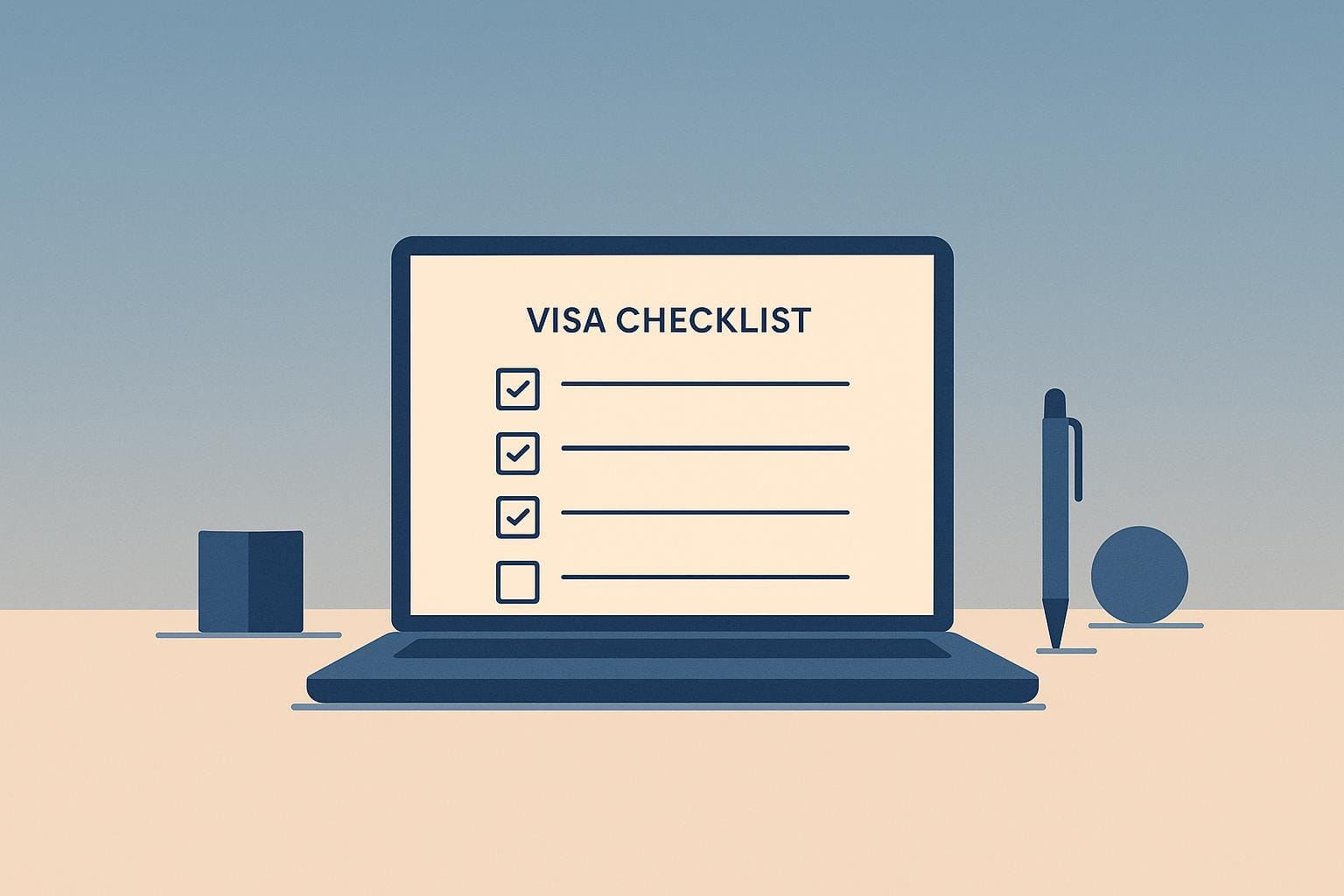Need to send technical experts to Vietnam for short-term projects? Here's what you need to know. Vietnam's Technical Expert Business Visa (DN visa) simplifies entry for foreign specialists handling equipment installations or technical tasks. It’s designed for temporary business activities, offering durations from 1 to 12 months, with options for single or multiple entries.
Key Points:
- Who it’s for: Specialists with technical expertise or certifications, backed by at least 3–5 years of experience.
- Visa types: DN1 and DN2 visas (up to 3 months), broader DN visas (up to 12 months).
- Requirements: Sponsorship by a registered Vietnamese company, invitation letters, proof of qualifications, and a clean criminal record.
- Application methods: Online (e-visa), embassy, or visa-on-arrival options.
- Processing time: 3–7 working days, depending on the method.
- Costs: Starts at $25 (£20) for single-entry e-visas, with higher fees for longer durations or multiple entries.
Compliance is essential. Ensure proper documentation and adhere to visa rules to avoid fines or delays. Use automated tools for efficient visa management and consider starting applications at least two weeks before travel.
This visa is ideal for multinational companies managing short-term technical projects in Vietnam. Read on for a complete guide to eligibility, application steps, and compliance tips.
Eligibility Requirements for Technical Experts and Installation Teams
Vietnam has specific rules to ensure only qualified technical experts can enter the country, with oversight provided by registered Vietnamese entities. These eligibility requirements establish a clear framework, paving the way for a smoother application process, which will be covered in the following section.
Qualifications and Experience Requirements
To qualify, technical experts must meet the following conditions:
- Be at least 18 years old.
- Possess full legal capacity.
- Maintain a clean criminal record.
Applicants must also satisfy one of these criteria:
- Hold a relevant bachelor's degree (or higher) and have at least three years of experience in their field.
- Alternatively, possess a practice certificate and a minimum of five years' relevant experience, verified by an overseas organisation.
For technical workers, the requirements include:
- At least one year of training or certification in a technical field.
- A minimum of three years' work experience in the relevant area.
Additionally, all applicants must meet the health standards established by the Minister of Health.
Documentation for Sponsoring Enterprises
Enterprises sponsoring foreign experts must provide:
- A business registration certificate or enterprise license.
- An invitation letter specifying the purpose of the visit, the technical tasks to be performed, and the duration of the assignment.
Sponsors are also expected to submit:
- Proof of an established business relationship.
- A sponsorship letter detailing the expert's role, responsibilities, and qualifications.
Sponsors can bring in foreign experts for positions that cannot be filled locally, particularly in support of specialised industries critical to Vietnam’s development.
Step-by-Step Application Process
Once eligibility is confirmed and sponsorship documents are prepared, the application process moves forward in a structured way. This process builds on the earlier discussion of eligibility and sponsorship requirements. Below is a detailed guide from document preparation to tracking the final application.
Preparing Application Documents
Applicants need to gather both corporate and personal documents. For corporate documentation, the following are required:
- A letter of invitation from a Vietnam-based company
- A business registration certificate or enterprise licence
- Proof of an established business relationship
- A sponsorship letter
For personal documentation, ensure the following are included:
- A valid passport with at least six months remaining before expiry
- A completed visa application form
- A recent passport-sized photograph
- Evidence of financial capacity
The invitation letter must clearly state the purpose of entry.
Submission Methods and Fees
HR teams can submit applications through various methods, depending on the urgency and complexity of the case:
-
E-visa Applications
Applications can be submitted online via Vietnam's official e-visa portal. The fee for a one-month single-entry business visa is USD 25 (around £20). -
Embassy or Consulate Submissions
For more complex cases, applications can be submitted through Vietnamese embassies or consulates. Fees vary by location. Payments in person can be made using Visa or Mastercard, while postal submissions typically require money orders or cashier's cheques. -
Visa on Arrival
For urgent travel, applicants can obtain a pre-approved visa letter from a Vietnamese agency. Stamping fees are paid at the airport and range from USD 25 for single-entry visas to USD 135 for 12-month multiple-entry visas. For example, a three-month multiple-entry visa costs USD 50, while a six-month option is USD 95. Payments at airport counters are usually accepted in US dollars or Vietnamese dong.
Online payments for e-visa applications can be made via major credit cards through OnePay or PayPal. Embassy submissions may have specific payment requirements depending on the diplomatic mission.
Processing Timelines and Key Milestones
Standard processing times vary slightly depending on the submission method:
- E-visa applications: Processed within three working days
- Embassy submissions: Typically take five to seven working days after submitting a complete application dossier
During peak travel seasons, public holidays, or when additional information is requested, processing times may be longer. About 75% of applicants receive decisions within the standard timeframe, while 20% may experience delays.
To avoid complications, it is recommended to submit applications at least two weeks before the intended travel date. Online tracking tools are available to help HR teams monitor the status of applications efficiently. In cases of delays, reaching out to the Vietnam Immigration Department or the relevant embassy can provide further assistance.
These timelines should be carefully considered when coordinating travel plans and project schedules.
Compliance and Best Practices for HR Teams
Handling technical expert visas for Vietnam demands meticulous attention to regulations and efficient processes. HR teams must prioritise compliance, as errors can lead to hefty fines. Accurate documentation and well-organised systems are the foundation for managing visas effectively.
Meeting Documentation Compliance Requirements
Vietnamese immigration laws impose strict penalties for documentation errors. Foreign workers without valid work permits face fines between 15 and 25 million VND (around £470–£784) and potential deportation. Employers hiring workers without proper permits can be fined 30 to 75 million VND (approximately £800–£2,400). These penalties highlight the need for precise and thorough documentation.
To stay on top of requirements, HR teams can benefit from centralised databases that track essential details like each assignee's role, visa type, validity period, and any regulatory constraints. This approach minimises the risk of oversights that could lead to violations. However, it's crucial to stay updated, as Vietnamese regulations can change unexpectedly.
Another critical step is ensuring all supporting documents are translated into Vietnamese and properly legalised. Building partnerships with certified translation services and understanding apostille procedures can streamline this process.
Regular internal audits are a proactive way to catch compliance gaps before they escalate. These audits should cover document management, filing procedures, and the assignee's overall experience with the immigration process. This becomes even more important with upcoming changes, such as the draft decree aiming to reduce work permit processing times from 36 to just 10 days.
For added assurance, HR teams can work with experienced immigration consultants. These professionals provide guidance on specific requirements and help navigate complex cases.
Automation Tools for Efficient Visa Management
Automation is becoming a go-to solution for reducing compliance risks and improving efficiency. Manual visa management is time-consuming and prone to errors, while automated systems offer streamlined workflows, timely notifications, and real-time tracking.
In 2020, McKinsey reported that 40% of companies using AI reduced HR costs by over 20%. Tools like VisaDoc’s AI-powered document verification system simplify compliance by checking documents for completeness and accuracy before submission.
Automation platforms also adapt to regulatory changes through configurable templates, eliminating the need for constant recoding. These systems ensure HR teams remain aligned with shifting immigration requirements without added complexity.
Real-time tracking and detailed reporting features are particularly useful. They allow HR teams to monitor multiple visa applications, receive automated reminders for deadlines, and generate compliance reports for audits. These capabilities are invaluable when coordinating installation teams with staggered schedules.
Integrating Visa Management with HR Systems
Integrating visa management tools with existing HR systems takes efficiency to the next level. This integration eliminates data silos, reduces delays, and ensures consistency across global teams. By embedding compliance processes into HR workflows, organisations can simplify operations and improve accuracy.
Clear communication between HR and legal teams is essential for successful integration. Defining responsibilities, maintaining regular check-ins, and using centralised portals for sharing updates and documents help ensure smooth collaboration.
Shared timelines with visual milestones keep everyone aligned, which is particularly important for managing technical teams with fixed project deadlines and equipment schedules. Integration with travel booking systems further ensures visa approvals sync with travel and accommodation plans.
Automated systems also improve consistency by preventing the submission of incomplete or incorrect forms. Since form errors are a leading cause of visa rejections, automated validation significantly boosts approval rates. VisaDoc’s API capabilities enable seamless integration with HR platforms, ensuring smooth data exchange.
Currently, only 35% of HR leaders feel confident that their technology supports business goals. This underscores the importance of choosing integrated, end-to-end platforms over standalone tools. Comprehensive systems centralise compliance and offer the flexibility to adapt to regional requirements, ensuring global consistency while addressing local nuances in technical expert visa applications.
Practical Tips for Smooth Entry and Operations
After navigating the application process and compliance requirements, attention shifts to pre-departure planning and adhering to in-country regulations. Successfully deploying your technical teams to Vietnam hinges on meticulous preparation and staying compliant. The difference between seamless operations and costly delays often lies in the details.
Pre-Departure Preparation
The first step to a smooth entry starts with passport and document verification. Ensure all passports are valid for at least six months beyond the intended stay.
Using digital tools like checklists can help streamline the process. Include everything from visa application forms and passport-sized photographs to approval letters and health declarations. Tools like VisaDoc's document verification system can assist HR teams in ensuring all documents are complete, avoiding last-minute issues.
Submit visa applications at least two weeks before your planned arrival. While Vietnamese embassies and consulates are reliable for handling applications, the e-visa system is also an option for eligible travellers. However, business letters from the sending company may still be necessary.
Understanding local business culture is equally important. In Vietnam, relationship building and maintaining ‘face’ are highly valued. Prepare meeting agendas and materials in advance, and consider hiring interpreters for technical discussions, even if English is commonly spoken.
For added security, register your team’s travel plans with the State Department’s Smart Traveller programme.
Managing Visa Validity and Extensions
Once in Vietnam, keeping track of visa durations is essential. Aligning visas with project timelines can help avoid unnecessary complications. Common visa durations include one month, three months, six months, and one year. Since delays in equipment installation projects are common, it’s wise to build in buffer time when applying.
Stay on top of visa expiry dates by maintaining detailed records for all team members. If extensions are needed - whether due to ongoing projects or unexpected delays - begin the process early, ideally 5 to 45 days before the visa expires.
Visa extensions involve contacting local immigration offices, preparing the required paperwork, submitting applications, and paying associated fees. Accuracy in documentation is critical to avoid delays or denials. Professional visa services can be a valuable resource, especially when managing multiple team members.
For extended stays, tax obligations may apply. Those in Vietnam for 183 days or more within a 12-month period may be considered tax residents, subject to worldwide income tax. Non-tax residents, however, are only taxed on Vietnam-sourced income.
On-Site Compliance and Regulations
After securing visas, adhering to on-site compliance rules is crucial. Work permit compliance is a key area where mistakes can lead to serious consequences. Phuc Duong, Assistant Manager of Business Advisory Services, highlights:
"Vietnam's visa and work permit procedures may be confusing for first-time visitors. We explain the steps and what foreigners should pay attention to when planning a long-term visit."
Failing to comply with work permit regulations can result in heavy fines or deportation. Employers hiring workers without the necessary permits face even steeper penalties.
Registration requirements take effect immediately upon arrival. While hotels typically handle registration for short stays, long-term arrangements may require manual registration with local authorities. Ensure your team understands these requirements and keeps all documentation in order.
For extended projects, ongoing compliance monitoring is crucial. Working without the proper permits can lead to legal trouble for both employees and employers. Regular check-ins with team members can help flag potential issues before they escalate.
Additionally, long stays can trigger extra tax obligations. Keeping accurate records of entry and exit dates, work activities, and permit statuses is essential to demonstrate compliance during any official reviews. Proper documentation ensures smooth operations and avoids unnecessary complications.
Conclusion and Key Takeaways
Vietnam's Technical Expert Business Visa opens doors to a thriving economy, with an impressive GDP growth rate of 6–7% annually and foreign direct investment (FDI) reaching nearly US$36.61 billion in 2023. These figures highlight the expanding opportunities for technical equipment installation projects and other business ventures in the country.
While the visa process can be intricate, a well-organised approach - complete with thorough documentation, timely submissions, and strict compliance - can pave the way for successful project execution. By adopting efficient visa management practices, businesses can quickly seize emerging market opportunities. Automation tools play a crucial role here, simplifying HR operations and streamlining processes.
For HR teams managing multiple visa applications, technology becomes a valuable ally. Automated workflows and centralised document management systems enable teams to monitor deadlines effectively and produce compliance reports as needed.
As previously emphasised, maintaining rigorous compliance is non-negotiable to ensure smooth operations and avoid hefty penalties. Partnering with legal experts or outsourcing compliance tasks to specialised consultancies can further optimise efficiency and reduce risks.
Vietnam's involvement in 17 free trade agreements adds to its attractiveness for businesses that can navigate its regulatory systems. This openness, combined with effective visa processes, strengthens the strategic advantages for companies operating in the region. Fragomen aptly summarises this sentiment:
"Companies that embrace this shift thoughtfully will be best positioned to lead in the new era of borderless work and Fragomen's regional APAC practice stands ready at every step, helping organisations manage change with clarity and confidence."
Achieving success in Vietnam’s technical visa landscape demands careful preparation, a commitment to compliance, and adaptability. Businesses that invest in robust visa management systems, utilise automation, and cultivate strong local partnerships will be well-positioned to capitalise on Vietnam's sustained economic momentum.
FAQs
What documents are required from the sponsoring company and the technical expert to apply for a Vietnam Technical Expert Business Visa?
To apply for a Vietnam Technical Expert Business Visa, both the sponsoring company and the applicant must meet specific requirements and provide the necessary documents.
The sponsoring company needs to submit:
- A sponsorship letter
- A valid business registration certificate
- Proof of financial capability
Meanwhile, the technical expert must prepare:
- A valid passport
- Recent passport-sized photographs
- Documents proving relevant qualifications or work experience
- A health certificate
Ensuring that all documents are accurate, current, and adhere to Vietnam's official guidelines is crucial. Any inaccuracies or outdated information could lead to delays or complications in the application process.
How can businesses comply with Vietnam's visa and work permit regulations to avoid penalties?
To comply with Vietnam's visa and work permit regulations, businesses must obtain the required work permits for their employees before they start their roles. This process involves submitting all necessary documents, such as completed application forms and approvals from the relevant authorities, in accordance with Vietnamese law. It's recommended to begin the application process at least 30 days before the employee's planned start date.
Employers also need to keep track of work permit validity, which typically lasts up to two years with limited options for renewal. Additionally, all employee details must be properly registered with local authorities. Adhering to the Vietnamese Labour Code and immigration laws is crucial, as failing to do so can lead to hefty fines or legal issues. Staying organised and ahead of deadlines can help businesses steer clear of unnecessary challenges.
What are the benefits of using automation tools for managing visa applications for technical teams travelling to Vietnam?
Automation tools bring several advantages to managing visa applications for technical teams heading to Vietnam. They simplify the process by cutting down on manual work, reducing errors, and accelerating approvals, resulting in a more seamless and efficient experience for HR teams.
By taking over repetitive administrative tasks, these tools help ensure compliance with Vietnam's visa regulations and lower the chances of delays due to mistakes. This not only saves valuable time but also frees HR teams to concentrate on other important responsibilities, making the entire visa management process more dependable and less demanding on resources.
Related Blog Posts
- India Business Travel Guide: Visas, Permits, and Cultural Tips for Success
- Business Visa Processing Times: Country-by-Country Guide
- Site Inspection Visits to Manufacturing Facilities in Vietnam: Business Visa Documentation Requirements
- Nigeria's 48-Hour Business Visa on Arrival: Documentation for Emergency Equipment Repair Teams



